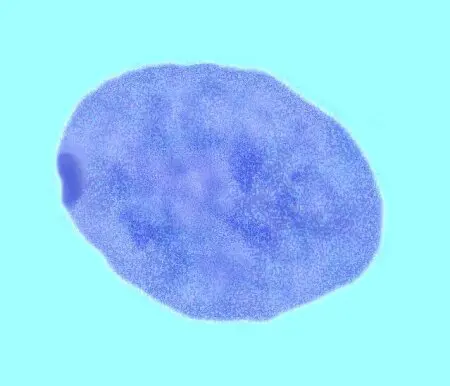The Silent X Awakens: Hidden Chromosome Springs to Life With Age

A recent study from the Technical University of Munich (TUM) has uncovered a surprising shift in how the female genome behaves with age. The once “silent” second X chromosome in female mammals shows signs of reactivation over time, potentially altering how women experience aging and disease.
In female mammals, one of the two X chromosomes is normally switched off early in development—a process called X-inactivation—to prevent an overdose of X-linked gene expression. This silenced chromosome forms a dense structure known as the Barr body, which keeps most of its genes locked away. But new findings suggest that this genetic hush doesn’t last forever.
The TUM research team discovered that with age, more genes on the inactive X chromosome escape their silence. In older female mice, the percentage of active genes on the “silent” X doubled—from 3% in young adults to 6% in older females, with certain organs, like the kidney, reaching nearly 9%. These findings hint at a growing genomic voice from a chromosome long considered dormant.
Why does this matter? According to lead author Dr. Daniel Andergassen, this loss of silencing may influence age-related diseases. For example, the gene ACE2—known for its role in lung health and as the SARS-CoV-2 receptor—becomes more active in the lungs with age and may help limit pulmonary fibrosis. On the flip side, another gene, TLR8, also ramps up and could contribute to autoimmune diseases like late-onset lupus.
Although the study was conducted in mice, the X chromosome is highly conserved across mammals, meaning similar mechanisms may occur in humans. This could help explain why women are disproportionately affected by certain conditions later in life, and it opens new avenues for developing sex-specific treatments for aging-related illnesses.
"Sex differences in age-related disease are incredibly complex," Dr. Andergassen notes. This research shines a spotlight on epigenetic changes—beyond hormones or environment—that could reshape our understanding of how aging unfolds differently in men and women.